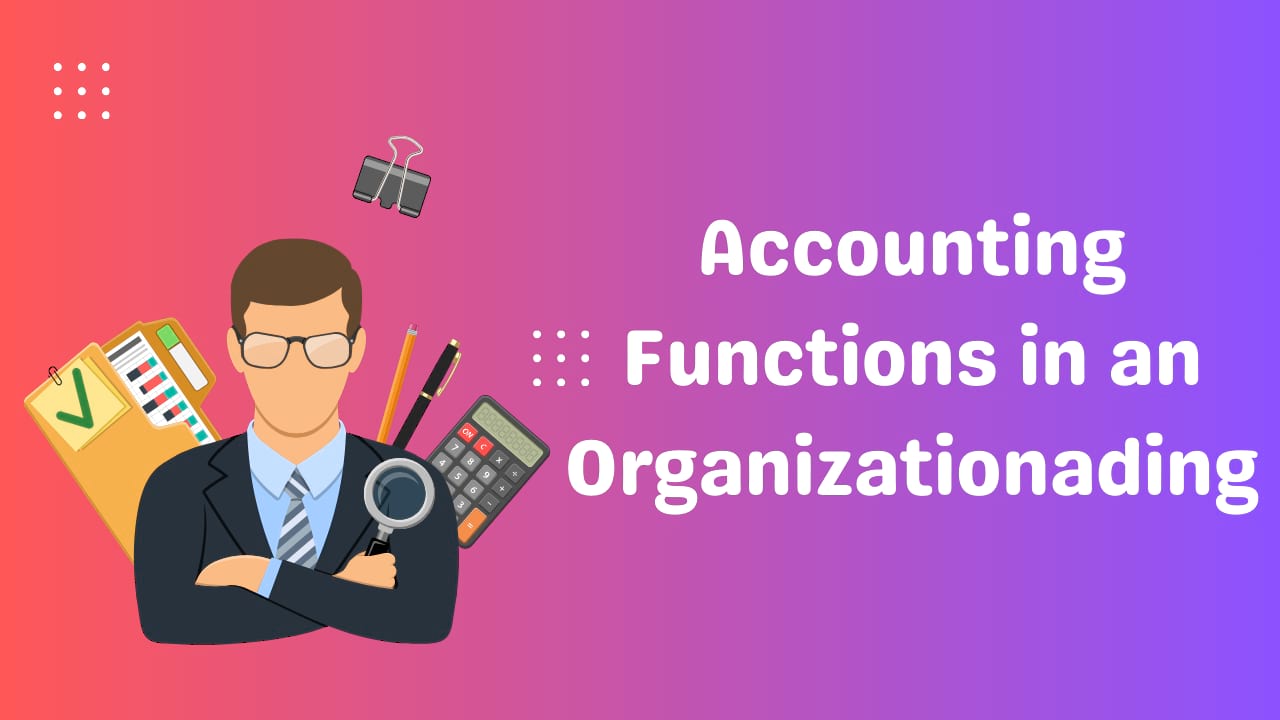Functions of Accounting: There are certain users of accounts. Earlier it was viewed that accounting is meant for the proprietor or owner of the business, but changing social relationships diluted the earlier thinking. It is now believed that besides the owner or the management of the business enterprise, users of accounts include the investors, employees, lenders, suppliers, customers, government and other agencies and the public at large.
Accounting provides the art of presenting information systematically to the users of accounts. Accounting data is more useful if it stresses economic substance rather than technical form. Information is useless and meaningless unless it is relevant and material to a user’s decision.
The information should also be free of any biases. The users should understand not only the financial results depicted by the accounting figures but also should be able to assess their reliability and compare it with information about alternative opportunities and experiences. The owners or the management of the enterprise, commonly known as internal users, analytically use the accounting information to make valuable decisions for the business.
So the information served to them is presented in a manner different to the information presented to the external users. Even the small details that can affect the internal working of the business are given in the management report while financial statements presented to the external users contain key information regarding assets, liabilities and capital which are summarized in a logical manner that helps them in their respective decision-making.
Main functions of accounting are as follows:
(i) Keeping Systematic Records: Accounting is done to keep a systematic record of financial transactions.
(ii) Protecting and Controlling Business Properties: Accounting helps to see that there is no unauthorized use or disposal of any assets or property belonging to the firm because proper records are maintained. Accounting will furnish information about money due from various persons and money due to various parties. The firm can see that all amounts due to it are recovered in due time and that no amount is paid unnecessarily.
(iii) Ascertaining the Operational Profit/Loss: Accounting helps to determine the results of the activities in a given period, usually a year, i.e. to show how much profit has been earned or how much loss has been incurred. This is done by keeping a proper record of revenues and expenses of a particular period and then matching the revenues with the corresponding costs.
(iv) Ascertaining the Financial Position of the Business: A balance sheet is prepared to ascertain the financial position of the firm at the end of a particular period. It shows the values of the assets and the liabilities of the business entity.
(v) Facilitating Rational Decision Making: Accounting facilitates the collection, analysis and reporting of information at the required point of time to the required levels of authority in order to facilitate rational decision-making.
The main functions of accounting are as follows:
- (a) Measurement: Accounting measures the past performance of the business entity and depicts its current financial position
- (b) Forecasting: Accounting helps in forecasting future performance and the financial position of the enterprise using past data.
- (c) Decision-making: Accounting provides relevant information to the users of accounts to aid rational decision-making.
- (d) Comparison and Evaluation: Accounting assesses performance achieved in relation to targets and discloses information regarding accounting policies and contingent liabilities which play an important role in predicting, comparing, and evaluating the financial results.
- (e) Control: Accounting also identifies weaknesses of the operational system and provides feedback regarding the effectiveness of measures adopted to check such weaknesses.
- (f) Government Regulation and Taxation: Accounting provides the necessary information to the government to exercise control on dying entities as well as in the collection of tax revenues.

